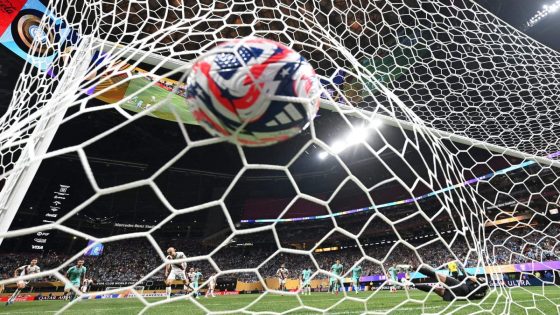The recent decision to eliminate human line judges at Wimbledon marks a significant shift in tennis officiating. As of 2025-07-03 14:00:00, the iconic grass courts will rely on an electronic calling system, leaving many fans and players reflecting on the tradition that has defined the tournament for nearly 148 years.
- Pauline Eyre's pride as a line judge
- Electronic line calling replaces human judges
- Mixed reactions from players on technology
- Line judges' role historically significant at Wimbledon
- Concerns over future of officiating careers
- Nostalgia for traditional line judging experience
Pauline Eyre, a former line judge with 16 appearances at Wimbledon, expressed her dismay at the move, emphasizing that sport is fundamentally about human interaction and competition. This change raises questions about the future of officiating in tennis and the role of technology in preserving the sport’s essence.
This shift to electronic line calling (ELC) aligns Wimbledon with other major tournaments but raises concerns about the loss of human elements in officiating. Eyre argues that technology may reduce the players’ ability to confront adversity, an essential aspect of sport. Key developments include:
- Introduction of ELC to enhance accuracy in officiating.
- Reduction of line judges from 300 to 80, who will serve as match assistants.
- Mixed reactions from players, with some favoring the traditional style.
- Concerns about the volume and clarity of electronic calls during matches.
As Wimbledon progresses, fans will be keen to see how players adapt to this new system. Will the charm of human officiating be missed, or will technology enhance the game? Stay tuned for the upcoming matches.

































